Methods For
Productive Disagreements
With students and Colleagues

Our interactive programs help school and university leaders
Identify and frame essential & competing values like equity, academic freedom, and learning
Host productive disagreements
Make collective decisions where reasons and values are front and center
Why ethics?
Focused on more than mere legality and compliance, ethicists are philosophers who have the skills to map disagreements to uncover hidden values and points of connection.
Our goal?
To empower teams with tools for ethical reasoning and constructive disagreement
How does it work?
Gain tools for making value-laden decisions across disagreement through one of our interactive workshops centered around discussion, reasoned debate, and collaboration.
Designed in consultation with ethicists and professional learning experts, sessions are fully immersive and centered on our tried and tested tools. They’re also… fun! Great for groups of 2 to 200 and beyond.
Our Tools
Systematic Empathy helps individuals slow down their thinking to better understand the logic and context of someone's view.
Argument Mapping disagreements uncovers hidden assumptions, faulty logic, as well as points of connection.
View the thinkETHICS overview and sample the resources below
Menu
Episode 1: thinkETHICS
While climbing mountains might not be a regular part of your work, weighing different values like risk and responsibility is an everyday event. Gain methods for collaboration and decision making over complex ethical issues through thinkETHICS.
Case Study: Reason about an Ethical Issue
Brands carry social influence and can change our world for better or worse, according to various agendas. Yet, does a brand simply talking about a social or political issue make any difference?
For many brands, taking a political stance is understandably a measured risk. While many consumers may want to see brands support the causes they care about, others may be alienated.
Consider one side of this ethical debate by dragging the reasons to their logical place in the map below.
Every argument map must follow the Reason Rule, which says that every claim must give a reason to believe the claim above it. Place the claims on the left in their proper place in the map by following the Reason Rule!
Episode 2: Systematic Empathy

Episode 3: Argument Mapping 101

Episode 4: Solving for Disagreements

The details
- Basic workshop starts at 2 hours in length (with add-ons available for longer sessions)
- In-person and virtual options
- Customized to each institution’s specific needs and context
- Opportunities for follow-up sessions
- Further resources available for using our tools with other campus groups and with students.
